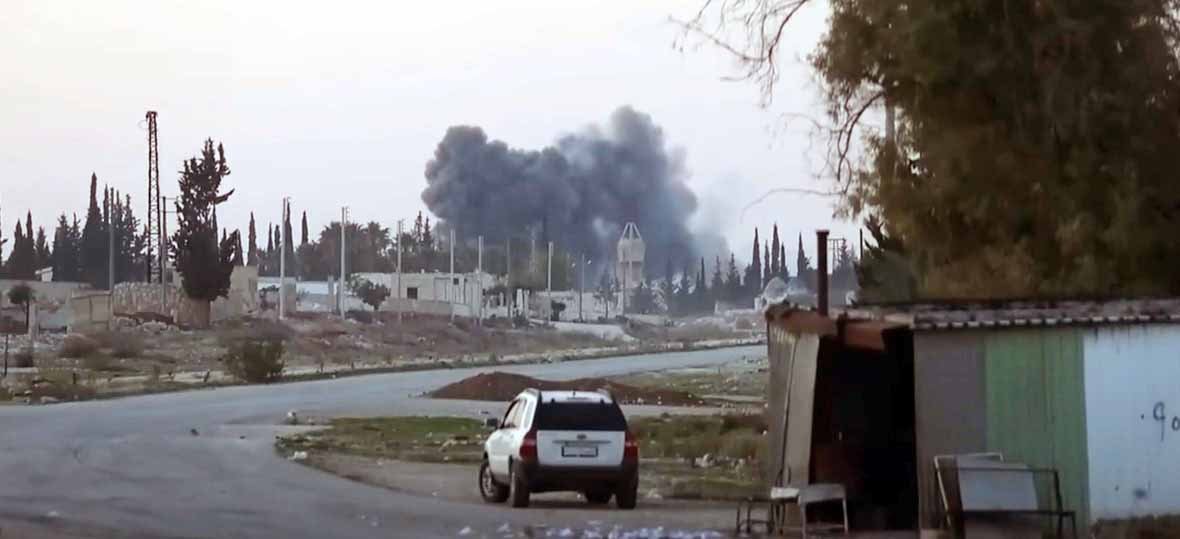In a significant escalation, the Syrian government has begun a series of counterattacks to retake lands seized by terrorists in Aleppo and adjacent provinces. These developments follow an extraordinary offensive by Hayat Tahrir al-Sham (HTS) militants, which has plunged northern Syria into disarray, increasing concerns about a potential humanitarian crisis and widespread displacement of population.
Renewed Hostilities in Aleppo
Over the weekend, terrorists overpowered multiple Syrian Army strongholds in Aleppo, taking strategic locations and leaving hundreds dead. In response, Syrian forces, assisted by Russian airstrikes, have struck insurgent strongholds and weapons stores in Hama province and elsewhere. President Bashar al-Assad vowed to maintain Syria’s sovereignty, reiterating his willingness to battle “terrorists and their supporters” despite restricted resources created by international sanctions.
Iran’s Role: Strengthening Alliances
Amid the increasing bloodshed, Iran’s Defense Minister, Brigadier General Aziz Nasirzadeh, visited Damascus to underline Tehran’s support for Syria. During his discussion with President Assad, Nasirzadeh stressed collaborative measures to combat terrorism and strengthen regional stability. The visit reinforces Iran’s long-standing position as a major ally in Syria’s struggle against militants and highlights the geopolitical implications in the region.
This high-level conference follows years of Iranian participation in Syria’s civil war, distinguished by military supplies and strategic conversations aimed at stabilizing Assad’s administration. Nasirzadeh’s delegation also met with senior Syrian military officials to explore greater defense cooperation.
Humanitarian Concerns and International Reactions
The revival of violence has frightened international groups, with concerns of a new flow of refugees fleeing the conflict zones. According to former British ambassador Peter Ford, the current conflicts might trigger a “flood” of displaced refugees, worsening an already severe humanitarian situation. Syrian state media reported government efforts to boost defenses, sending heavy artillery and modern weaponry despite logistical obstacles coming from severe sanctions.
Broader Implications
The protracted violence not only exacerbates Syria’s domestic instability but also threatens the strength of foreign ties. While Assad’s administration stays resolute, the international community faces pressure to confront the worsening humanitarian crisis. As Iran extends its role, Western powers are expected to study the strategic dynamics in the Middle East, with potential repercussions for broader regional stability.
Sources
– LBC: Insights into Aleppo’s insurgency and refugee threats.
– IRNA: Coverage of Iran’s diplomatic engagements in Damascus.
– BBC: Analysis of Syrian government policies in response to growing violence.
This circumstance emphasizes the connection between military strategies and geopolitical maneuvers, with far-reaching repercussions on both local communities and international relations. For additional information, stay tuned to **Global Report**.

